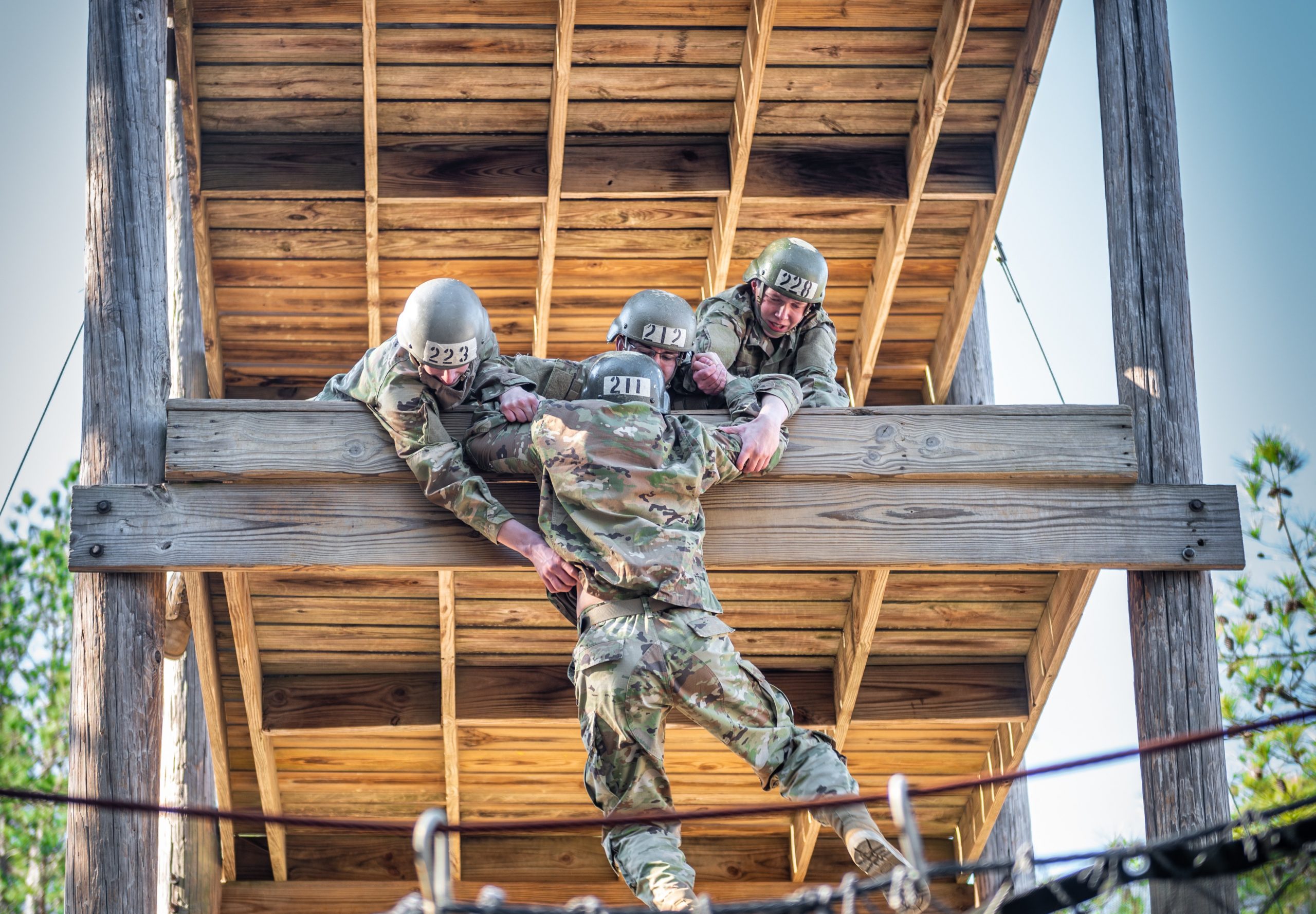Why You Can’t Motivate Your Way to Success
In a moment of self-reflection I came to the conclusion I am not a motivational speaker. You will never see me on a TED talk (https://www.youtube.com/watch?v=nCwwVjPNloY), no one is going to post a video of my talking to my troops on Youtube (https://youtu.be/r1e37tRziVQ). But that’s ok, I can still be a successful leader. Perhaps the great lie of leadership is we can “motivate” our troops to success. Somehow through the power of the perfectly crafted speech and incentives I can accomplish any mission. Sadly, this is a lie.
We’ve all been part of an organization or mission where the leadership delivered a remarkably motivating speech. You leave the meeting pumped up and highly motivated, you can tackle the world. Then reality happens and the motivation you felt dies. Why? Were we properly incentivized? (https://hbr.org/1993/09/why-incentive-plans-cannot-work)
The fact is that we cannot motivate our way to success. What works? How can you successfully lead an organization to success? The answer is to ARC… When we ensure Autonomy, Relatedness and Competency in our organizations we can create success (Source: Why Motivating People Doesn’t Work).
Autonomy, or empowerment of our teams to accomplish the mission. When individuals feel empowered and free to accomplish their mission engagement is high and they engage. However, when we micromanage we destroy that engagement. Our people no longer feel trusted or capable of making decisions.
Relatedness, or what I am doing adds value and reinforces my sense of belonging. This relates to the why question of leadership (https://juniorofficer.army.mil/the-leadership-question-you-arent-answering/). But just as important, the work I’m doing ties me to the team (increasing the relatedness ) and the interactions between me and my team are meaningful; that my work adds value.
Competence, or the idea that I am a trusted professional. This idea that I am capable and trusted by my leadership. No one likes to feel like a failure, as soldiers we have all invested months to years training in our jobs. Who wants to feel like you’ve wasted that time?
Leaders cannot just focus on a single concept, they are interconnected and impact each other. For example micro-management will destroy the individual’s sense of autonomy, which will in turn destroy the sense of competence. Or when we chose to avoid “that guy” in the unit we isolate them, prevent them bonding with the team. This can destroy the sense autonomy and competence, the leaders don’t trust me why?
Contra wise, when we deliberately build our teams to allow autonomy, understanding of how our actions drive the organizations mission and finally allow then demonstrate competence.
———
Cale is a National Guard officer who works with Process and Performance Improvement in his civilian career. He holds a Master’s of Science in Healthcare Administration and a Master’s of Business Administration. In his free time he is pursuing a PhD in healthcare administration.



